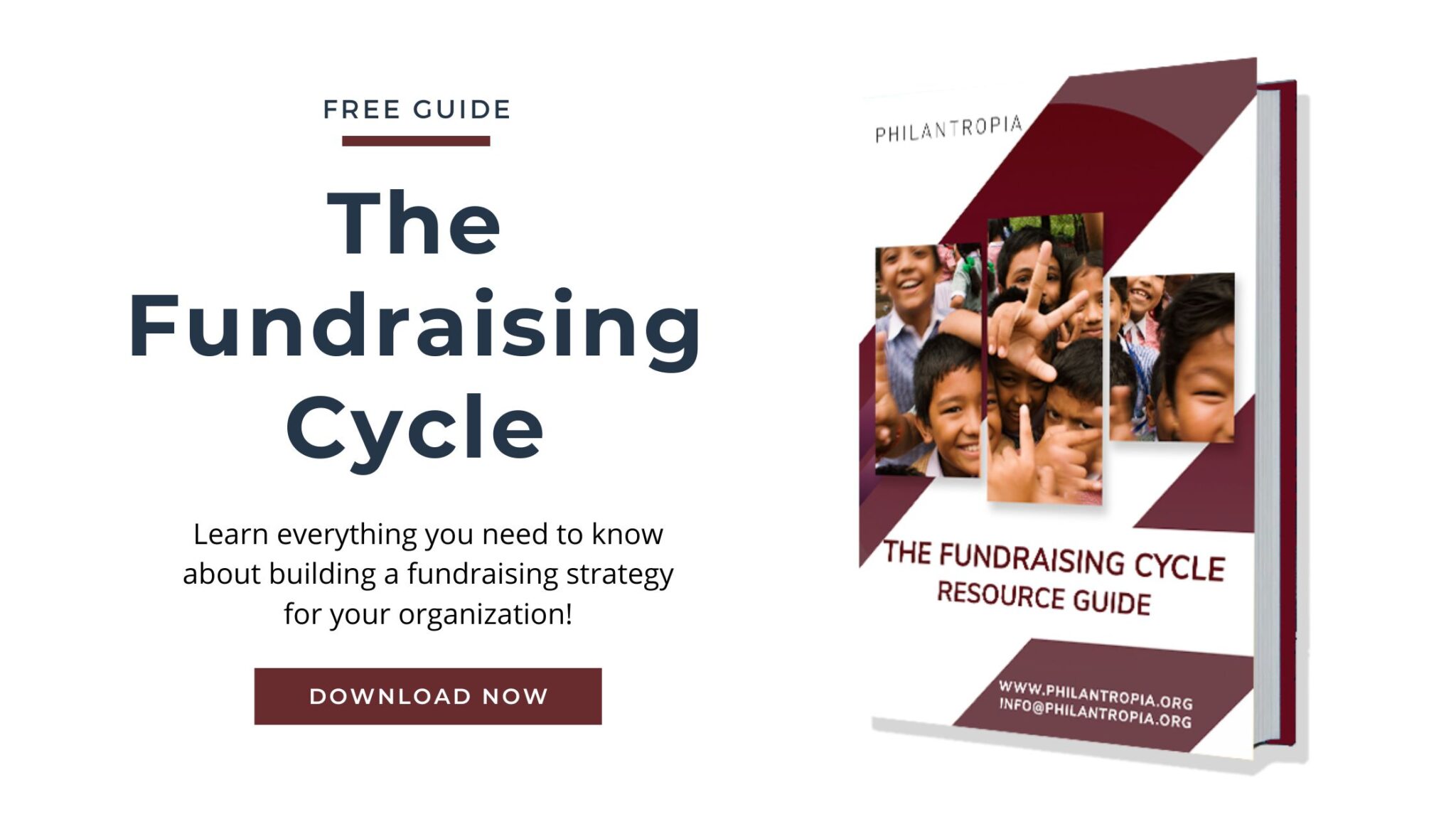When you write a proposal for a project, you do it to benefit the beneficiaries and the communities they live in. But even when you have their best interests in mind, it is easy to refer to beneficiaries in ways that put them down instead of lift them up. Since donors have become more and more aware of the importance of participation and respectful communication with beneficiaries, directing a respectful and empowering tone towards beneficiaries is not only a good practice but also of core importance for the success of your proposal. Here are five tips to making sure
Do not objectify
Sometimes when writing a proposal you get so lost in the technicalities that you almost forget that the beneficiaries are people as well. While it is always necessary to abstract to a certain degree to be able to make your donor understand the situation you are dealing with, you can use some sentences that are better than others. When talking about beneficiaries you should always avoid using passive voice.
Do not write: 20 farmers have received training on new tilling techniques.
Instead write: 20 farmers learned about new tilling techniques in training.
Even better, write: 20 farmers developed improved tilling techniques in a training.
Word choice here is very important. Talking about beneficiaries in a respectful voice should be normal in any project, but talking about beneficiaries in active voice shows your donor that they are important stakeholders in your project. Furthermore, the sustainability of a project can only be guaranteed if the people participating in it take ownership of the project.
Make sure all voices are heard
Sometimes, we are sure what we want to do is good for the beneficiaries, but we forget to actually ask them. Particularly if we know the community and the project well, it might seem like we almost know better what is good for them. This is short-term thinking though and can be dangerous in a proposal. If the beneficiaries are not on board with the project, it is not sustainable. Donors look carefully if a project is based upon the real wants and needs of beneficiaries or if it just seems to be a good idea from the outside.
Make sure that you ask the beneficiaries if they agree with you and want this project. Include this in your proposal. And if the beneficiaries have different or additional ideas, include these and change your concept where possible. In the end, the project is for them and needs to fit their needs.
Build an inclusive planning process
Ideally, the idea for a project comes from the community itself. If this is not the case, the beneficiaries should at least be included in the planning phase of your project. You also would not like an outsider to come to your community and build something you don’t like and/or need. This is not only important for the project sustainability, but also for the donor. The donor will want to see active participation in all stages of the project. If you can show that the beneficiaries are completely on board with your project, your chances of getting funding will increase.
Show respect
It is very important that you respect the beneficiaries not only when interacting with them directly, but also when talking about them in your proposal. Do not make pity pleas for the beneficiaries and depict them as helpless or needy. Even if they are less educated or have fewer resources than you, that does not make them any less reliable, innovative, or savvy to the local conditions. Make sure that your proposal makes clear that they are going to be active stakeholders in your project and that their knowledge and their resources are going to be put to good use.
Reflect on your own role
While you should always focus your proposal on your beneficiaries, at some point you should also take a step back and reflect on your own role. Many times we are so close to the project that we do not see clearly anymore. Our own role can cloud our judgment of specific project activities. Always ask yourself if you include specific aspects of the project because you think they are good or because the beneficiaries really want them? Does your own story and background inform your decision or the story and background of the beneficiaries?
You may have great new ideas for improving lives. But no great idea can be implemented without support – from the community as well as from donors. Talk directly with potential beneficiaries before submitting a proposal. Respecting the people you want to work with should be a prerequisite for working with any community. Furthermore, if you include the beneficiaries in all stages of your project planning and implementation and communicate respectfully with and about them, your chances of getting funding for your project are much higher





This arricle is really helofyl to make the Project report.
Hello Abhisekh,
I am glad this article is helpful for you. In the future we will have more articles about the project report and follow up, so make sure you subscribe to our newsletter to not miss anything. You will also get a free sample proposal with your sign up.